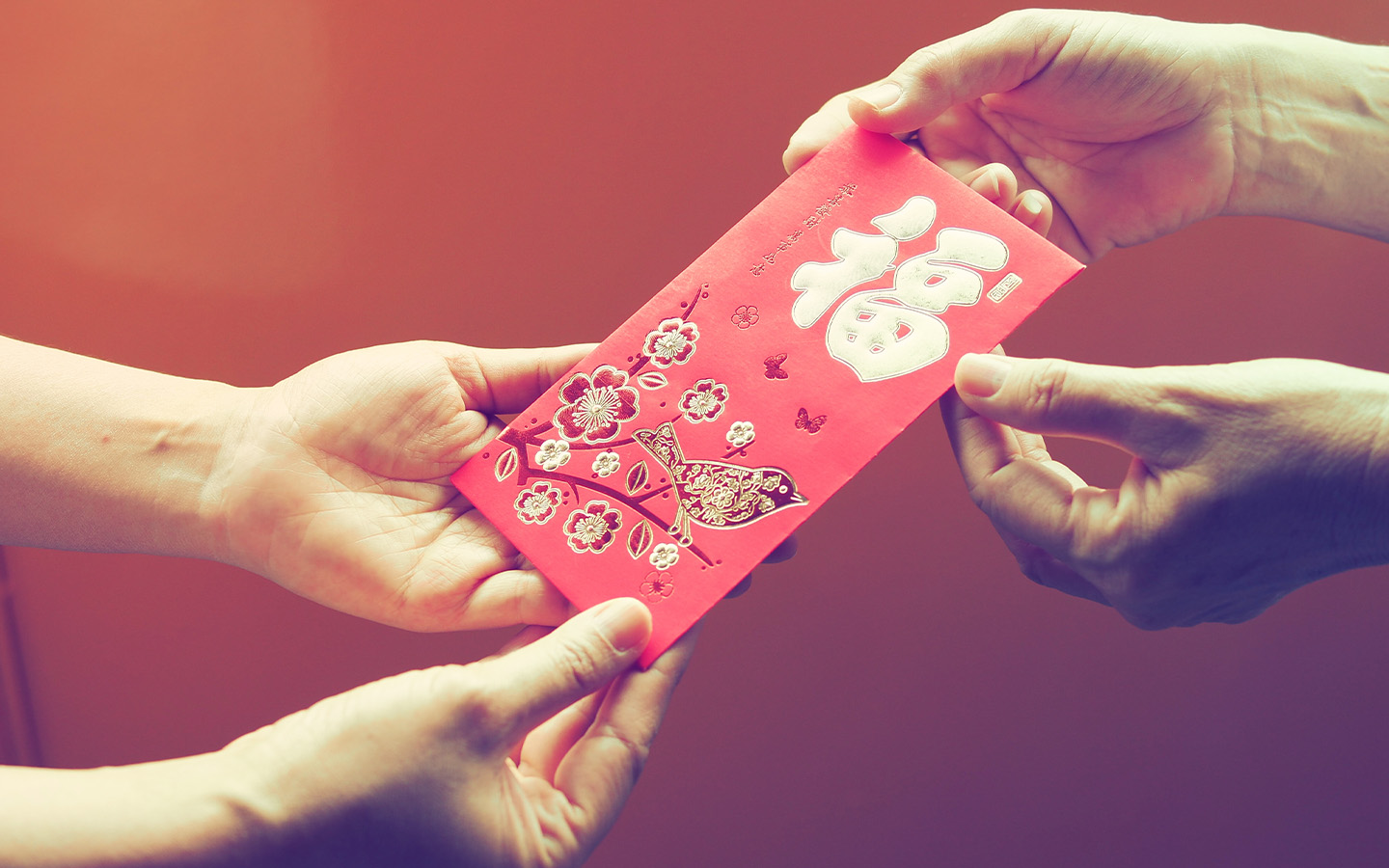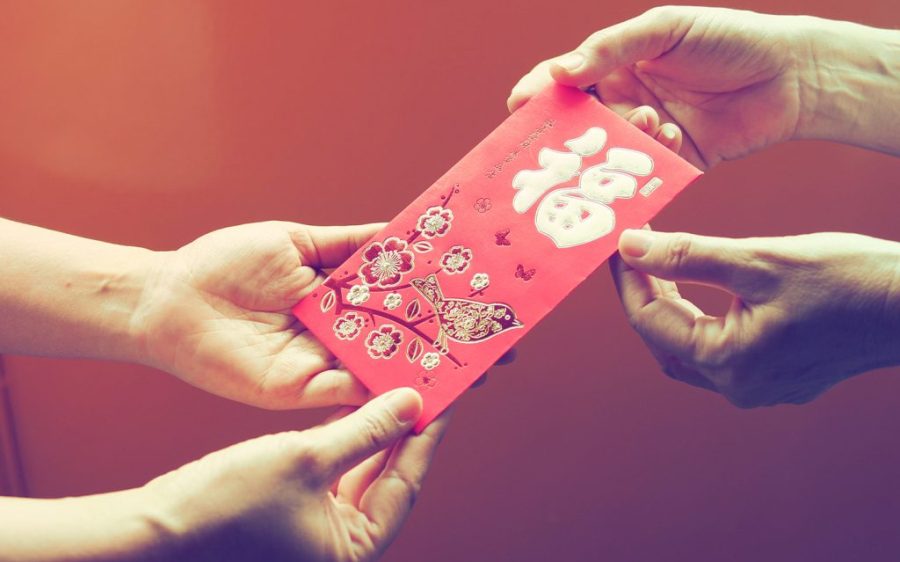The Baise municipal government in Guangxi province has issued a code of conduct for the upcoming Lunar New Year, which calls for adults to limit the amount of “lucky money” they give to children.
As a custom during the Spring Festival – as the Lunar New Year is also called – cash gifts are given to children, young unmarried people and workplace subordinates. Known in Cantonese as lai see and in Mandarin as hong bao, the cash is presented in a festive red envelope intended to confer luck on the giver and receiver.
Anxious to clamp down on ostentatious displays at a time of economic uncertainty, authorities in Baise – a city of 4.2 million in China’s southwest – are urging residents to limit the amount of lucky money given to children, in order to avoid comparisons and competition that can become “a burden.”
According to Chinese language reports, Baise is asking for the gifts to be limited to no more than 20 yuan at a time. That’s about two-thirds of the price of a cup of Starbucks coffee.
[See more: ‘How much should I give?’ The 8 envelope rules of Chinese New Year]
Officials have also suggested that the envelopes should only be handed to young ones by direct family members, as opposed to distant relatives and family friends.
To comply with the government’s directive, local branches of the Agricultural Bank of China and Guilin Bank have opened counters for customers to withdraw the fresh, crisp notes that are preferred for gift-giving – so long as they are in denominations of 20 yuan or less.
Anecdotal evidence suggests that Baise residents are grateful for the local government’s proposal. One individual identified by the surname Huang told China News that the move has “reduced our burden” as his hong bao budget each year “totals in the thousands.”
The 20 yuan threshold has also sparked lively debate on Chinese social media, with some users calling for the measure to be implemented more widely.






